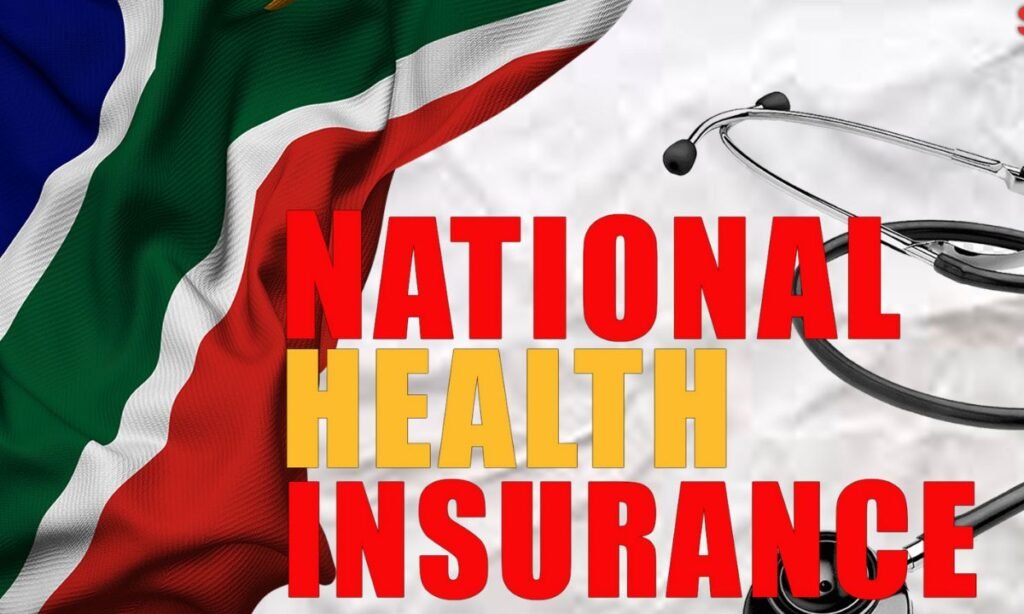In May 2025, South Africa officially signed the National Health Insurance (NHI) Bill into law a bold and controversial shift aimed at delivering free, quality healthcare to all citizens. This marks a major milestone in the country’s long-term effort to bridge the divide between public and private health services, especially for low-income and underserved communities.
What the NHI Promises
The NHI is designed to create a single government-run health fund that purchases healthcare services on behalf of all South Africans. Every citizen will be entitled to receive services such as doctor consultations, hospital treatments, and chronic medication without out-of-pocket payments at the point of care. This could dramatically reduce the financial burden on the majority of citizens who rely on public clinics and hospitals.
Who Will Fund It?
The scheme will be funded through a combination of general taxes, payroll contributions, and reallocation of current health budgets. Although critics have raised concerns about the cost and implementation risks, the government insists that a phased rollout will ensure financial sustainability and proper oversight.
Private Healthcare Still an Option But Limited

Under the new law, private healthcare providers can still operate, but their services won’t be reimbursed by the NHI unless contracted. This means private health insurance will remain available for services not covered under the NHI. Some fear this will lead to a decline in the private sector, while others argue it will help eliminate the country’s two-tiered health system.
Mixed Reactions but Hope for Change
The announcement has sparked debate across the nation, with healthcare professionals, unions, and civil society groups expressing both excitement and skepticism. Yet for millions who have long faced poor service and long waiting times, the new system represents a hopeful shift toward fairness and dignity in healthcare.

